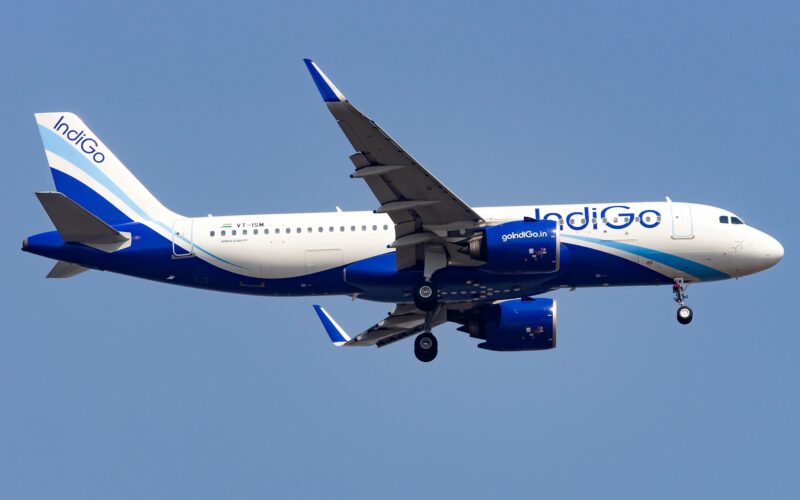50 IndiGo and Go First aircraft grounded due to P&W engine issues

More than 50 IndiGo and Go First planes are on the ground in India due to Pratt & Whitney’s engine issues and persisting supply chain woes.
Officials, cited by Outlook India, outlined that more than 50 IndiGo and Go First aircraft have been affected by supply chain issues at Pratt & Whitney, which builds the PW1100G for the A320neo family. As a result, they have been on the ground, unable to carry customers and earn revenue.
According to planespotters.net data, 39 of IndiGo’s 225 Airbus A320 family aircraft are grounded, namely 28 A320neo and 11 A321neos. In addition to the A320 family aircraft, IndiGo has 39 ATR 72 turboprops in its fleet. Meanwhile, Go First has 23 out of 31 A320neos on the ground. In total, the airline, previously known as GoAir, has a fleet of 36 aircraft.
During IndiGo’s Q3 FY22/23 earnings call on February 3, 2023, the airline’s chief executive officer Pieter Elbers, did not disclose the exact number of aircraft on the ground (AOG) but did indicate that the number was “stable”. The executive noted that the airline has taken action to mitigate the effects of the supply chain issues, including extending leases on some aircraft and wet-leasing jets to provide enough capacity for its network. Elbers also commented that there is an impact of holding these aircraft on the ground and that IndiGo is working with Original Equipment Manufacturers (OEM) “to get some relief related to that”.
“So, we continue to keep working with the OEMs for the remainder of the AOG that we have to get adequately compensated,” he continued.
Meanwhile, executives at US-based Raytheon Technologies, the parent company of Pratt & Whitney, warned that material shortages related to engine castings would continue throughout 2023 during the firm’s earnings call in January 2023.
While Elbers said that he eventually expects the grounded aircraft to return to service, he added that “it all depends when the supply chain will be able to provide us all the things we need”.
